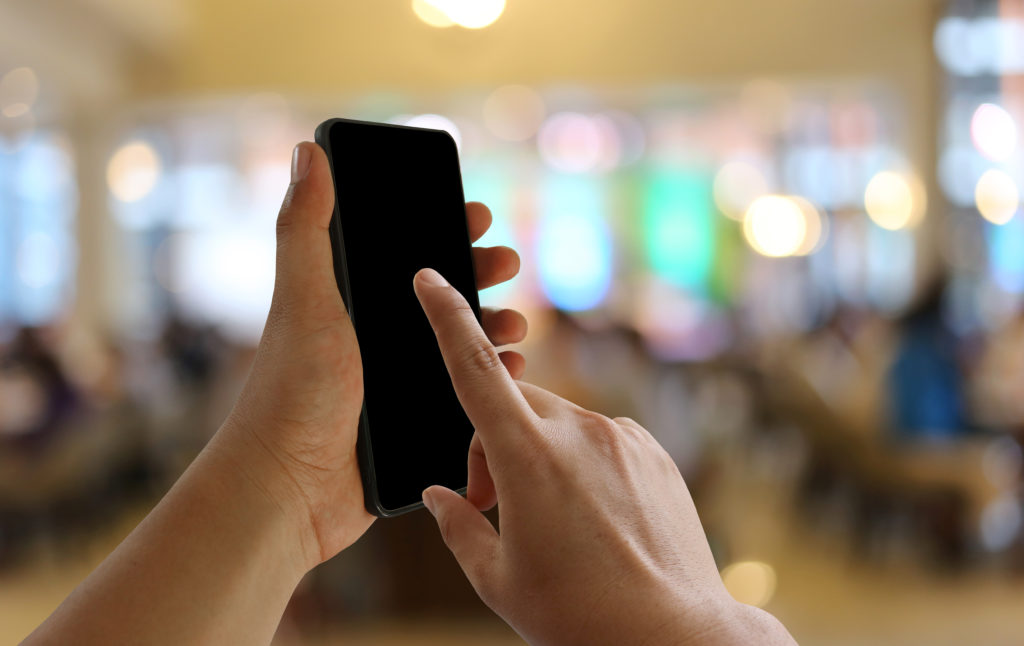Quick Hits
Daily brief research updates from the cognitive sciences
 Many people believe that using smartphones and other electronic devices is ruining our memories and ability to think or simply use our brains. Research has shown a more nuanced picture with some negative effects but also some positive effects.
Many people believe that using smartphones and other electronic devices is ruining our memories and ability to think or simply use our brains. Research has shown a more nuanced picture with some negative effects but also some positive effects.
This piece of research, just published, sounds counter-intuitive. Most of us would assume that using smartphones and other electronic devices decrease our ability to memorise things – quite simply because we do not need to remember so many things. We can simply look it up in a few seconds or store it on the phone.
So, what did these researchers around Dawa Dupont at the University College London find?
To measure this the researchers developed a simple task-based experiment using circles on a screen which had to be dragged to the left or right of the screen. These circles had rewards assigned to them and some were designated high-reward circles and low reward circles.
Participants could save the information in their smartphones and set reminders. Interestingly saving the information and setting reminders improved memory. This improved memory for the saved information but also for unsaved information as well (i.e. low value circles they had not saved). This shows that using a smartphone to “off-load” memory, in contrast to what we think it is doing, is actually improving memory!
However, ironically lower value information was remembered better so it does make sense to save high-value information and have a back up of this because digital devices can improve memory – but seem to shift it to prioritise less important information!

Andy Habermacher
Andy is author of leading brains Review, Neuroleadership, and multiple other books. He has been intensively involved in writing and research into neuroleadership and is considered one of Europe’s leading experts. He is also a well-known public speaker, speaking on the brain and human behaviour.
Andy is also a masters athlete (middle distance running) and competes regularly at international competitions (and holds a few national records in his age category).
Reference
Dawa Dupont, Qianmeng Zhu, Sam J. Gilbert.
Value-based routing of delayed intentions into brain-based versus external memory stores.
Journal of Experimental Psychology: General, 2022
DOI: 10.1037/xge0001261
More Quick Hits
COVID on the Brain
Many COVID-19 patients have reported various neurological symptoms – the well-known brain fog, but also headaches and decreased cognitive function over months and extended periods of time. This even without serious infection or hospitalization. The research seems to...
Life satisfaction after work related to personality traits
As many of you know I have done plenty of work into personality and so found this study interesting. Dusanee Kesavayuth of Kasetsart University in Bangkok, Thailand analysed data from 2,000 adults aged between 50 and 75 in the British Household Panel Survey and found...
Unique regulation of brain in yoga practitioners
Quick HitsDaily brief research updates from the cognitive sciences es, you yoga practitioners knew you were special and here is the science to prove it! In this older study I came across (2018) participants were recruited to see how they dealt with...
Neurodivergence and the lonely brain
Quick HitsDaily brief research updates from the cognitive sciences eurodivergence is term that describes those that are not “neurotypical” such as those with autism and ADHD. In the surge of research into loneliness spurred by the pandemic it has...
Art Engages the Social brain
Quick HitsDaily brief research updates from the cognitive sciences reported in last week’s Quick Hits on how engaging in the arts has a relationship with self-control and avoidance of disagreeable and criminal behaviour and that is why this...
Swearing can increase strength, self-confidence, and risky behaviour
Quick HitsDaily brief research updates from the cognitive sciences wearing is frowned upon in many circumstances but is also used by many people in casual situations and particularly by comedians. So why do we swear if it is taboo? A team of...






